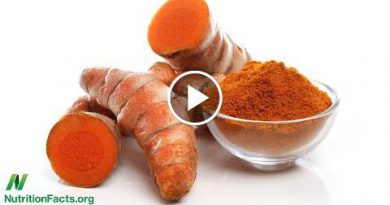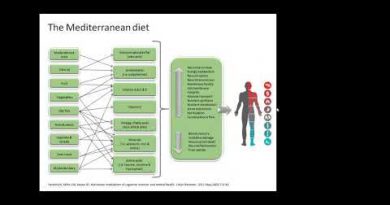Antioxidants in exercise: Worse than useless? – Prof. Gomez-Cabrera
Invited session “Antioxidants in physical exercise: points and counterpoints ” at ECSS Barcelona 2013
Gomez-Cabrera, M.C.
University of Valencia
Exercise causes oxidative stress. Antioxidants may reduce the adverse effects of exercise-induced reactive oxygen species (ROS).
However, ROS are not only toxic but rather play an important role in cell signalling and in the regulation of gene expression in skeletal muscle. Thus, the supplementation with antioxidant vitamins during training has been recently questioned. Training studies conducted to determine whether antioxidant vitamins improve exercise performance have generally shown that
supplementation is useless (1-3). However, recent evidence shows that antioxidants may have detrimental effects on performance.
As early as 1971, it was shown that vitamin E supplementation (400 IU/d for 6 wk) caused unfavourable effects on endurance
performance in swimmers (4). Malm and co-workers showed the deleterious effects of ubiquinone-10 supplementation on the
performance of humans after a high-intensity training program (5). In 2002, it was shown that supplementation of racing greyhounds
with 1g vitamin C a day for 4 wk significantly slowed their speed (6). Moreover, in a human study, the negative effects of ascorbic
acid supplementation on the adaptive responses of endogenous antioxidant enzymes and stress proteins were demonstrated (7).
Furthermore, it has been shown that supplementation with ascorbic acid to prevent delayed onset muscle soreness after exercise, does not preserve muscle function but hinders the recovery process thereby being detrimental to future performance (8). In an animal study, we found that vitamin C supplementation decreases training efficiency because it prevents exercise-induced mitochondrial biogenesis (9). These results have been subsequently confirmed in humans. Dr. Ristow’s research group showed that antioxidant supplementation with vitamins C and E prevents the induction of molecular regulators of insulin sensitivity, mitochondrial biogenesis, and endogenous antioxidant defense by physical exercise (10). A large proportion of athletes take vitamin supplements, often large doses, seeking their beneficial effects on performance (11). The complete lack of any positive effect of antioxidant supplementation on physiologic and biochemical outcomes consistently found in human and animal studies raises questions about the validity of using oral antioxidant supplementation during training.





